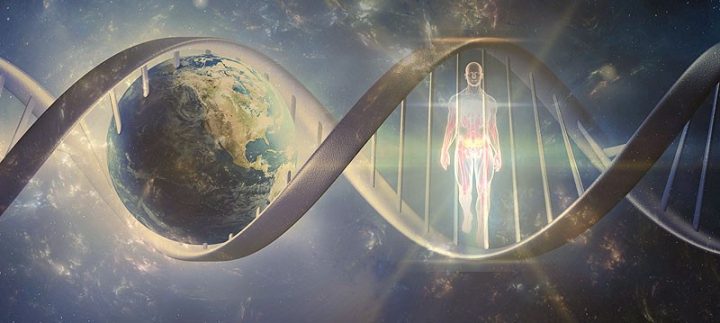
Launched on 19 January 2022, Altos Labs™ (Altos) has been hailed as a breakthrough biotechnology company seeking to transform the future of medicine through cellular rejuvenation programming. In the company’s press release, the biotech start-up described its mission as seeking to “restore cell health and resilience to reverse disease, injury, and the disabilities that can occur throughout life.” The company launched with a leading executive team of academia and industry leaders, scientists, and clinicians endeavouring to unravel the mysteries behind this field.
Altos was founded to develop in vivo reprogramming to formulate a viable treatment class to effectively treat aging. In vivo programming involves reprogramming adult somatic cells to transform into pluripotent stem cells, which serve as the functional equivalent to embryonic stem cells. As a result, one of the outcomes of the process is that treated cells reverse the epigenetic markers of aging to a degree and have the potential to repair mitochondrial damage. Such reprogramming occurs during embryonic development, and the recent discovery of Yamanaka factors, which regulate the signalling necessary for embryonic stem cell pluripotency, has paved the path for this process to be enacted and facilitated in any cell.
Developing technology that seeks to delay aging at the cellular level has been a critical point of interest among Silicon Valley entrepreneurs. Altos was primarily funded and backed by Amazon founder Jeff Bezos, with Bezos reportedly investing in the biotech start-up as early as mid-2021. Among other notable investors, Bezos was accompanied by angel investor Yuri Milner, co-founder of DST Global.
Comprised of Nobel Laureates and scientific leaders, Altos’ executive team consists of Hal Barron, the Chief Scientific Officer at GlaxoSmithKline (GSK), Rick Klausner, the former director of the National Cancer Institute, and Ann Lee-Karlon, the former Senior Vice President at Genentech. Additionally, in seeking to integrate features of academia and industry, the biotech company’s board of directors includes Frances Arnold, the recipient of the 2018 Nobel Prize in Chemistry and Jennifer Doudna, the recipient of the 2020 Nobel Prize in Chemistry for her work on CRISPR.
As per Altos’ press release, the company will open two laboratories in California and a laboratory in Cambridge, England, while concurrently collaborating with scientists in Japan to facilitate internal and external coordination to generate a transformative approach to cell health and programming.
The development of Altos is a story yet to be told, one which illustrates how in vivo reprogramming – of all available and possible approaches to addressing aging—has gained such substantial support among high net-worth individuals investing and interested in aging as a field of biotechnological development.
